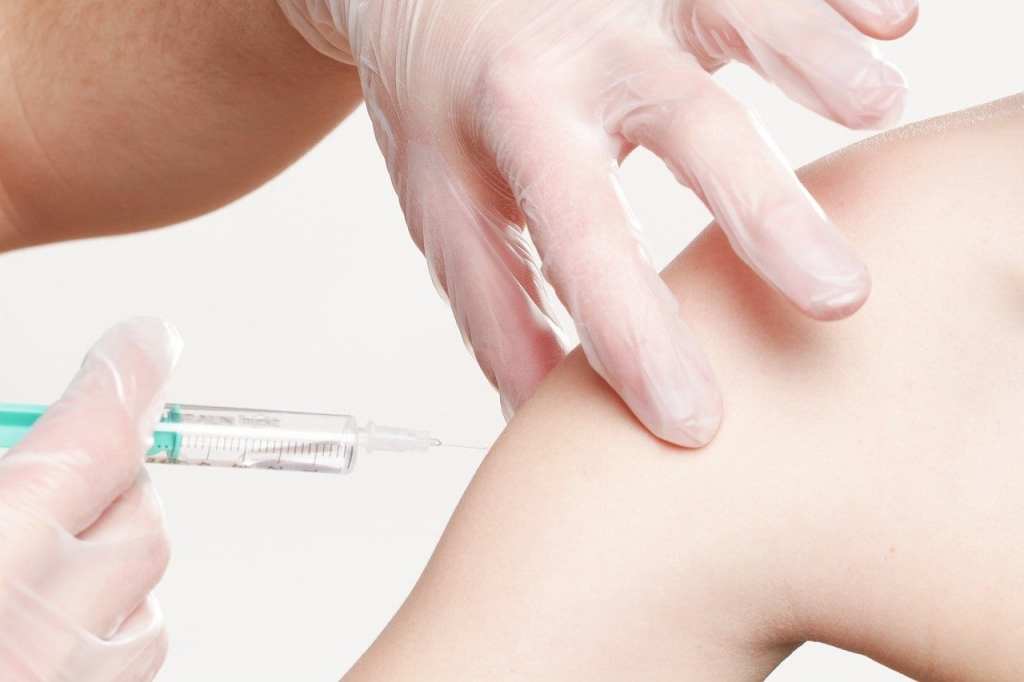Flu shots are important, but they can come with some annoying side effects. Namely, they often make your arm sore at the site of the injection, often for a day or two afterward.
But although the soreness isn’t pleasant, it’s actually a good sign that the vaccine is doing its job.
Soreness after a flu shot happens due to your body’s natural immunologic response. The flu shot introduces an “antigen,” or a protein that allows your body to recognize a foreign object so that it can fight it with antibodies. In this case, the antigen is a tiny deactivated version of the flu virus that teaches your body what a real, live flu virus looks like. That way, your body is prepared to quickly fight off illness if you encounter the flu out in the world.
However, this means your body recognizes the inactive flu virus as a foreign object – that’s the whole point. Your body notices the antigen and goes into attack mode, and since the antigens are deposited directly into your arm muscle, that’s where your immune system begins the attack.

Photo Credit: Pixabay
Part of that immune response includes inflammation. In the event of a real infection, inflammation is helpful — it helps repair damaged tissue and helps your body fight invaders.
But it can also cause soreness.
In addition to the flu shot, other shots also tend to create soreness, including the live varicella vaccine. The good news? The stronger your immune response (ie, the soreness), the stronger the immunity tends to be.

Photo Credit: Pixabay
However, just because you don’t feel any pain doesn’t mean the shot isn’t working. Everybody who receives a flu shot experiences inflammation. It’s just that not everybody experiences it to the point of pain. Only about one in five people have this local reaction, depending on the specific vaccine.






